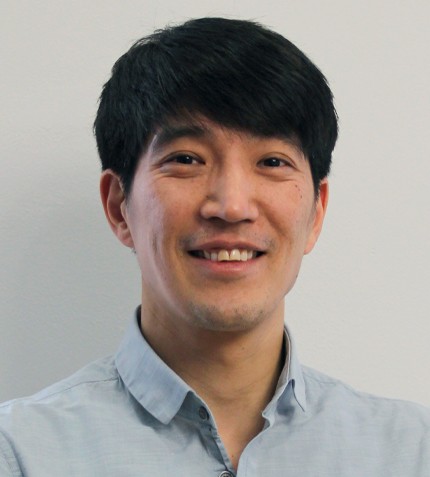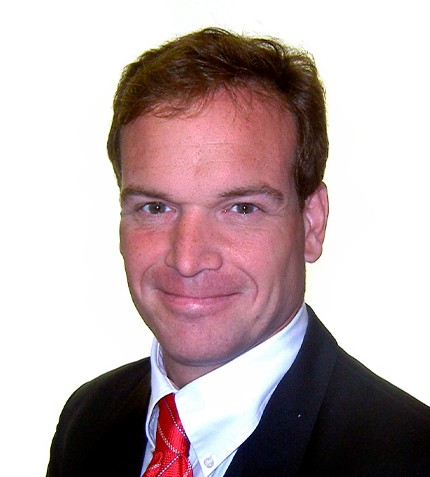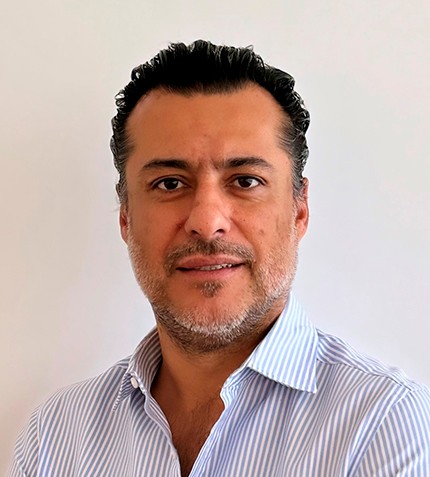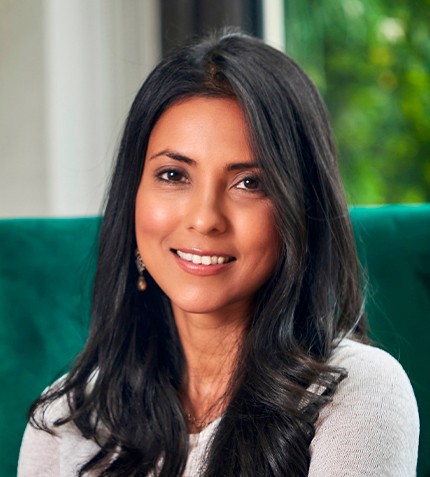
"By using advanced geological tools and software, professionals get the space in their mind and in their job to be more strategic and scientific."
Tsolmon Gonchig
CEO AND CO-FOUNDER, TRIGTEQ
Could you introduce Trigteq?
We started Trigteq in 2013 in the US. While completing our studies in Colorado, four fellow Mongolian colleagues and I came up with the idea of bringing our skills together and opening a consultancy once we returned to Mongolia. Today we have a team of almost 50 people, and we are legally incorporated in the US, Mongolia, Kazakhstan and China.
Could you elaborate on the role that Trigteq plays?
Nowadays, the real need is to implement technologies in daily workflows to make the work more efficient, both timewise and cost-wise, but also to allow for greater professional development – instead of being tied to tedious manual tasks, people can grow their capabilities by making smart use of technology. This is what Trigteq is trying to do: besides traditional consulting, we introduce cutting-edge technologies to help our customers reach better results. By using advanced geological tools and software, professionals get the space in their mind and in their job to be more strategic and scientific.
Trigteq represents brands like Seequent for integrated subsurface software, Krux Analytics for drilling data collection and analysis, STRAYOS for AI and advanced image processing solutions, or Four Point for AI based use of satellite imagery solutions, among others. This year, we also signed an MoU with the German engineering and consulting group DMT to introduce their geotechnical risk management capabilities into Mongolia.
What is the general reception of the technologies brought in by Trigteq into the country?
Oyu Tolgoi (OT) has accelerated technology adoption in Mongolia, with many people carrying the knowledge and experience of best-in-class tech. The OT has helped create an invaluable workforce in Mongolia, for the benefit the entire mining sector.
What demand trends do you observe today in Mongolia?
Exploration has unfortunately been declining since 2009, when Mongolia stopped issuing exploration licenses. In 2017-18, the government granted about 1,000 more licenses, but these were not enough to allow the industry to grow. This gap in exploration is reflected in mining since all existent mines are the result of the previous exploration cycle (prior to 2009). Last year, some investments were made in critical minerals. As some countries seek to reduce their resource dependency on other countries, Mongolia will likely emerge as a strong contender for direct investment in minerals related to the energy transition.
What holds back the issuance of more exploration licenses?
More than half of Mongolia’s voters come from rural areas, where a lack of adequate information and misleading discourses have made mining vastly unpopular. To appease the electorate, some leaders take a negative stance towards mining. Like other developing countries, Mongolia also struggles to allocate sufficient budgets to local development to reach everyone, so locals in deprived regions have a misguided impression of the industry, not seeing the direct benefits. The solution is to inform communities about mining to increase acceptance.
What are your main priorities in the coming years?
Our main priority is innovation. Innovation comes with free speech, free competition, access to plenty of information, and, crucially importantly, openness to innovation. Western innovation is world-leading because English-speaking countries literally speak with one another, collaborate, exchange results, and therefore reach the best solutions. We are engaging players from different anglophone nations, from the US to South Africa and beyond, to identify the best innovations and bring them into the mining sector in Mongolia. The other aspect is integration across multiple products and technologies. Companies are becoming bigger and are adopting more solutions, but they require further integration to make mines truly smarter. Trigteq does not aim to duplicate the things that work but focuses on the real gaps, where there is truly no solution in place.
Do you see scope for growth outside of Mongolia?
Yes, we have great potential to grow in Central Asia, where the mining industry also faces a technological gap. Trigteq has been working in China since 2021, introducing geological modeling and other software to two Chinese companies; also, in Kazakhstan, we just started working with a company in geological modeling, and we aim to add more technology in geotechnical, hydrology, and resource reporting.










